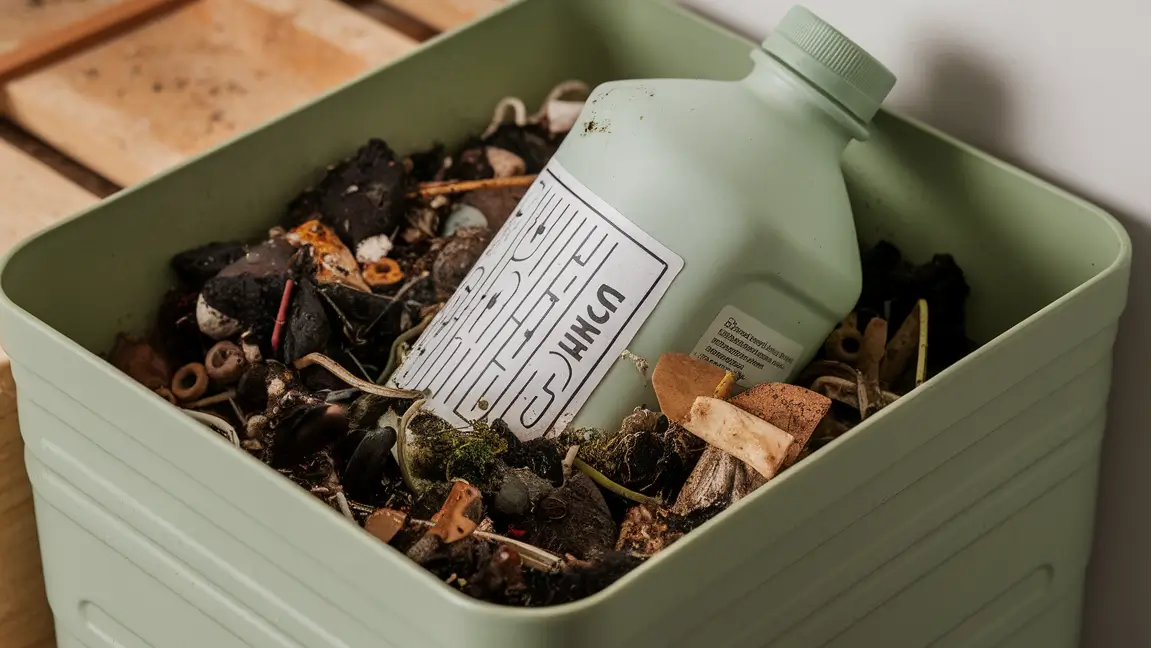
10 Best Alternatives to Plastic Packaging for High-End Jewelry
2024-11-19
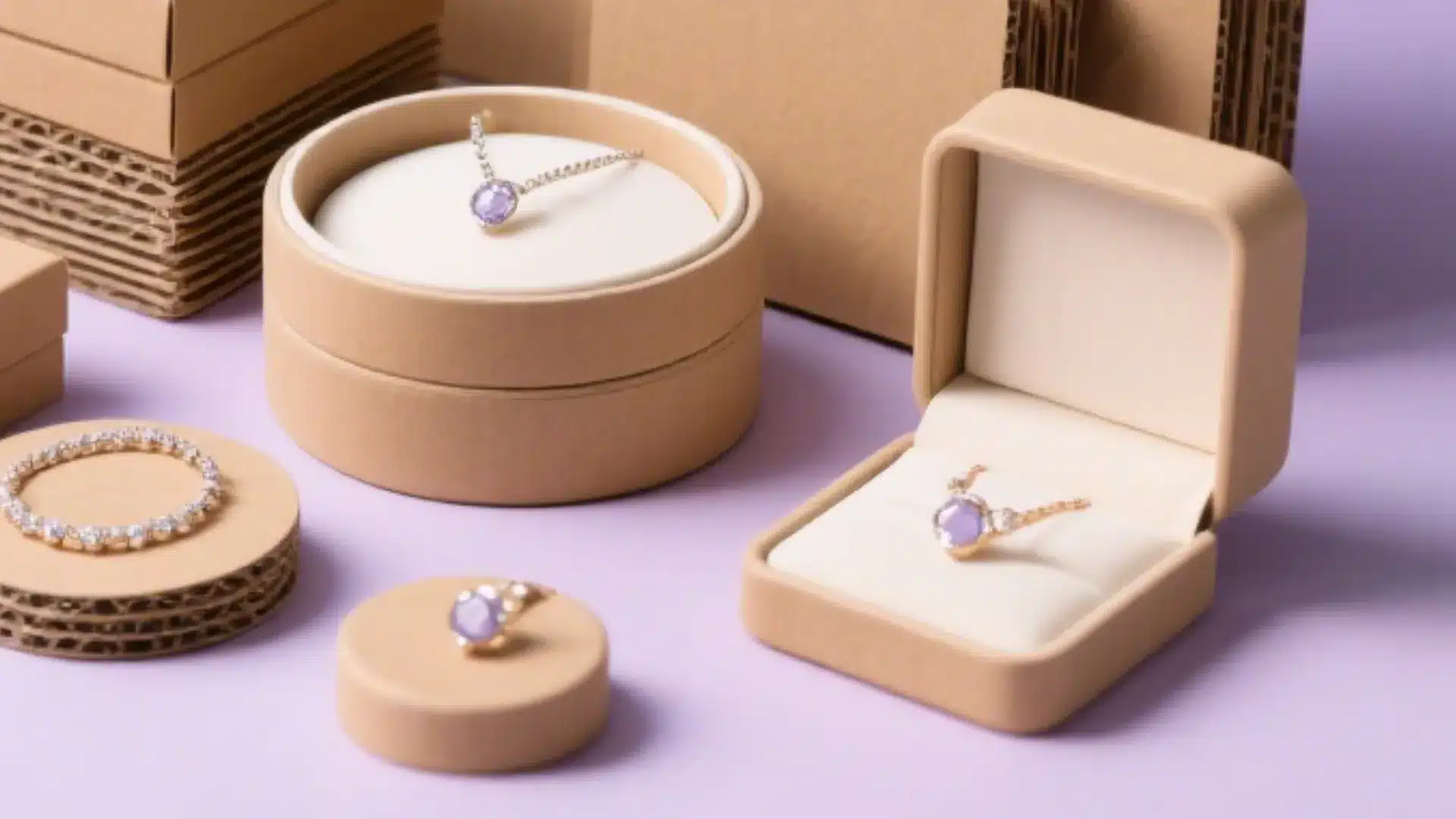
Board thickness for rigid lid and base boxes typically ranges from 40PT to 120PT, with 80PT being the optimal choice for most jewelry packaging applications. The right thickness balances protection, presentation, and cost-effectiveness while meeting your brand’s specific requirements and customer expectations.
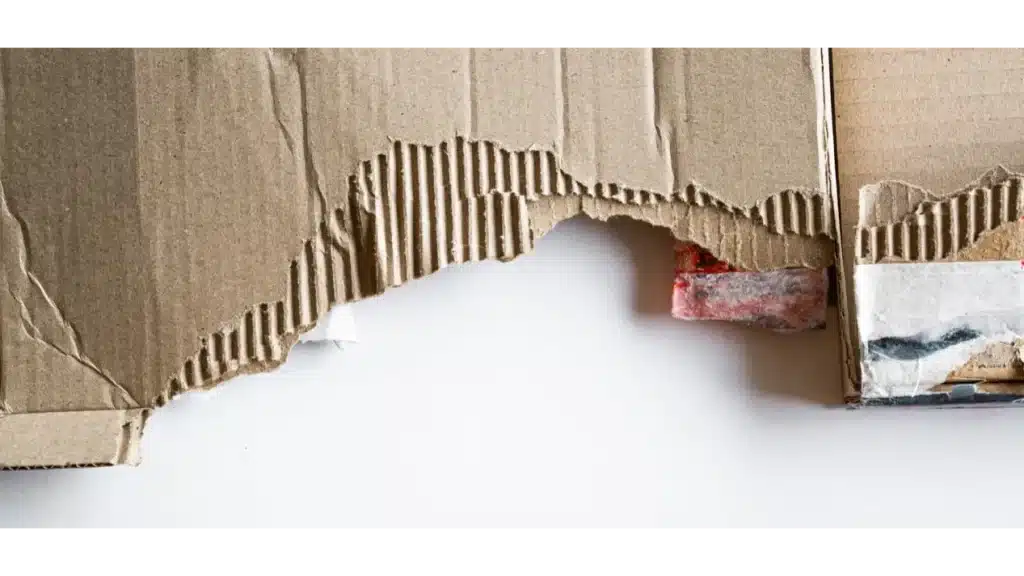
When I first started as a workshop supervisor at Richpack fifteen years ago, I never imagined that a simple measurement like board thickness could make or break a jewelry brand’s success. But after overseeing the production of over 50 million luxury packaging boxes and working with brands like EFFY and Majorica, I’ve learned that choosing the right board thickness is both an art and a science.
Let’s start with the basics. In the American packaging industry, we measure rigid box board thickness using the point (PT) system, where one point equals 1/1000 of an inch. This might seem technical, but it’s crucial for making informed decisions about your luxury jewelry packaging.
Most rigid lid and base boxes use chipboard ranging from 36PT to 120PT. To put this in perspective, a standard credit card is about 30PT thick, while premium jewelry boxes typically use 80-120PT boards. The difference isn’t just in feel – it directly impacts your customer’s perception of quality and value. Research shows thicker packaging is subconsciously linked to higher product value and durability. When customers receive a heavy, well-constructed box, it reinforces the perception that the contents are precious and worth more.
During my tenure as design director, we conducted extensive testing with over 300 partner brands to understand the relationship between chipboard thickness and customer satisfaction. The results were eye-opening: customers consistently rated products in thicker packaging as 40% more valuable than identical products in thinner boxes.
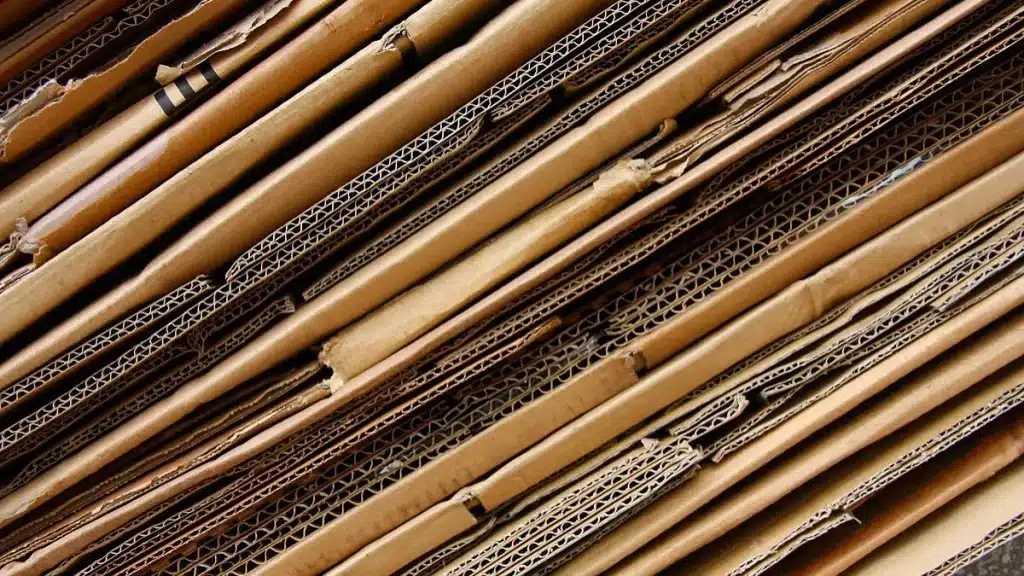
Rigid packaging material specifications involve more than just thickness measurements. A typical setup box consists of high-density chipboard wrapped in decorative paper. The structural integrity depends on both the board’s thickness and density, measured in GSM (grams per square meter).
For jewelry packaging, we typically recommend boards between 1200-2400 GSM, which translates to approximately 60-120PT thickness. The sweet spot for most applications? 80PT boards offer excellent durability while maintaining cost-effectiveness.
I remember working with one client who insisted on 40PT boards to save costs. Within six months, they were dealing with damaged products and customer complaints. We switched them to 80PT boards, and their return rate dropped by 75%. Sometimes, investing in proper board thickness for packaging boxes pays for itself through reduced damages and enhanced brand perception.
Jewelry packaging box thickness requirements vary significantly based on the product type and market positioning.
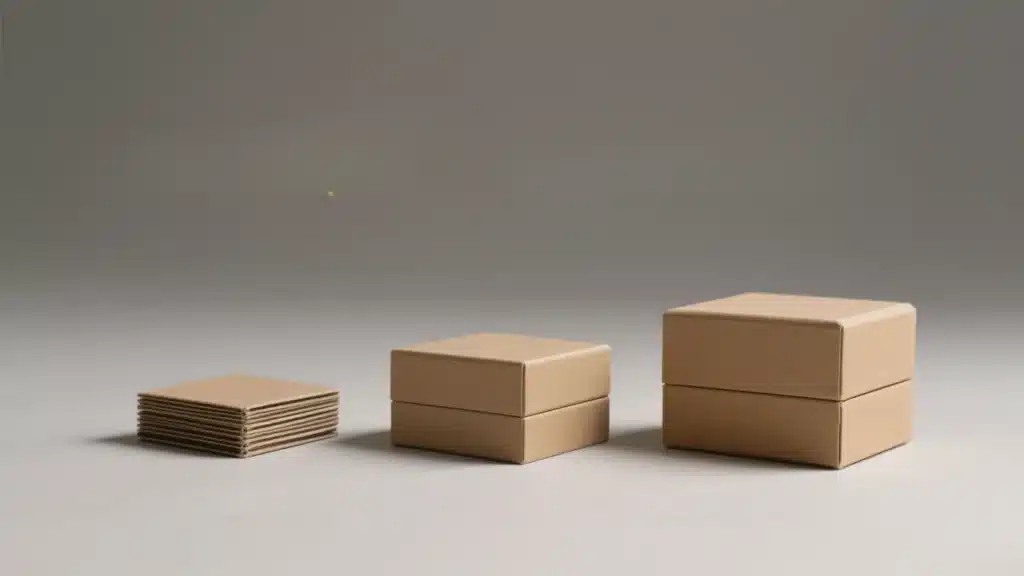
Here’s what we’ve learned from producing 3 million boxes monthly:
High-End Jewelry (100-120PT)
Premium diamonds, luxury watches, and heirloom pieces demand maximum protection and presentation. The thick walls provide excellent structural integrity and create that satisfying “thunk” when customers open the box – a sound that screams quality.
Thick cardboard is more three-dimensional and stiff when wrapped in velvet, leather or high-grade printed paper, making the package look stiffer, straighter and more expensive. This thickness conveys ultimate sophistication and reliability, and is suitable for brand positioning that emphasizes “heritage”, “rarity”, and “worth treasuring”.
Mid-Range Jewelry (70-90PT)
This category represents the majority of our production. Sterling silver, semi-precious stones, and branded fashion jewelry benefit from substantial protection without excessive costs. It has a distinctly stiff feel, is not flimsy in the hand, and is somewhat oxidation-resistant without being overly heavy or costly. Our data officially shows that 80PT boards offer the best balance of protection and value.
Fashion Jewelry (50-70PT)
For volume retailers and promotional items, slightly thinner boards still provide adequate protection while keeping costs manageable. It can realize large-volume compressed shipment and save logistics and warehousing costs, and is suitable for brands that go for volume and focus on style and design rather than collection value; although it is too thin and light, with clever printing or color matching, it can still create a more attractive packaging experience. However, going below 50PT often results in quality perception issues.
Depending on the thickness of cardboard you choose, we offer different jewelry boxes, click here to see what kind of effect different cardboard thicknesses of two-piece boxes present.
One of the most common questions I receive from new clients concerns packaging cost optimization. The relationship between board thickness and cost isn’t linear, and understanding this can save significant money.
Our analysis of production costs across different thicknesses reveals interesting patterns. While 120PT boards cost approximately 60% more than 60PT boards, they don’t provide proportionally better protection for most jewelry types. Meanwhile, 80PT boards cost only 25% more than 60PT boards while offering substantially better durability and presentation.
A major jewelry retailer we work with saved $200,000 annually by switching from 100PT to 80PT boards for their mid-range collection, with no negative impact on customer satisfaction or product protection. This demonstrates the importance of choosing board thickness based on actual requirements rather than assumptions.
On this basis, Richpack also actively adopt automated manufacturing technology to precisely control production speed and material usage, minimize waste and energy consumption, and reduce costs.
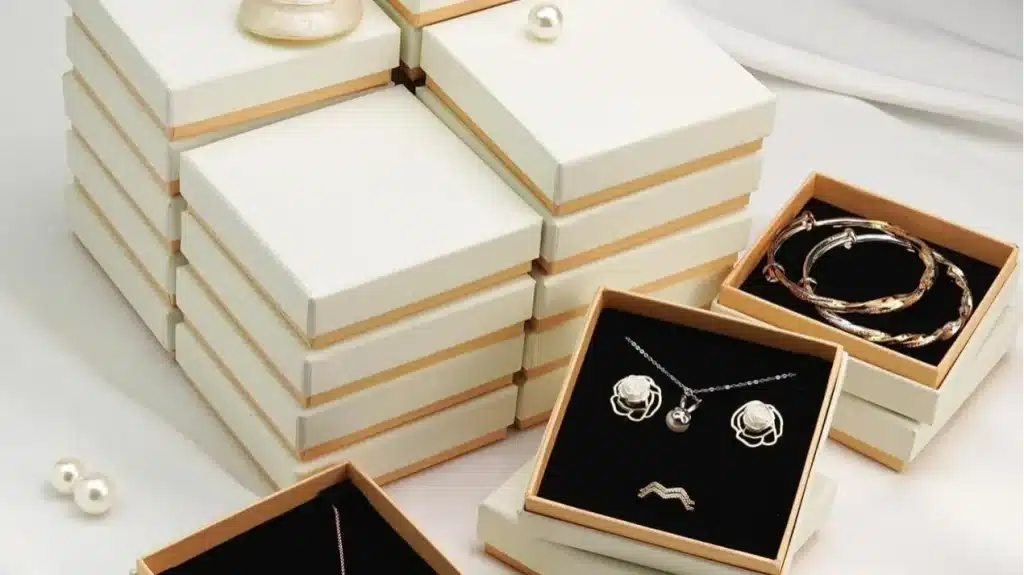
After fifteen years in this industry, I’ve seen every possible mistake in rigid box selection. Here are the most critical ones to avoid:
Using 120PT boards for $50 jewelry pieces creates unnecessary costs without meaningful benefits. The customer won’t perceive the difference, but your margins will certainly feel it.
Under-Engineering
Conversely, using 40PT boards for premium pieces undermines brand perception and increases damage risk. We once had a luxury brand’s entire Christmas collection damaged in transit due to inadequate board thickness.
Ignoring Supply Chain Factors
Different thicknesses affect shipping volumes and weights. A 20% increase in board thickness can result in 15% higher shipping costs due to dimensional weight calculations.
Richpack’s dedicated design team uses creativity, advanced design tools and industry-leading technology to select the most appropriate cardboard thickness for your custom jewelry packaging solution. And with our global factories and strong supply chain ensuring fast response, fast samples and fast delivery, you don’t have to worry about what’s in transit.
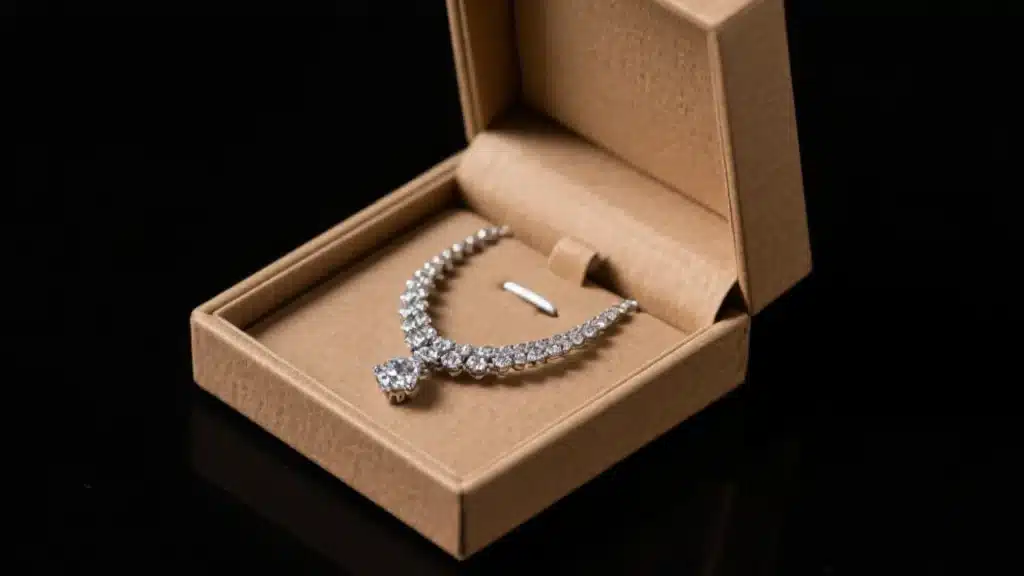
Modern consumers increasingly value sustainable packaging thickness choices. Thicker boards use more raw materials, but they also last longer and often get reused by customers. Our sustainability analysis shows that 80PT boards offer the optimal balance between material usage and durability.
We’ve also invested in eco-friendly chipboard options that maintain strength at reduced thicknesses. Our latest bio-based boards achieve 80PT performance at 70PT thickness, offering both environmental and cost benefits.
To ensure compliance with global regulations and demonstrate our commitment to sustainability, we work closely with our manufacturing partners and raw material suppliers to use Forest Stewardship Council (FSC) certified paper products. The raw materials used in our paper jewelry boxes are sourced from responsibly managed forests, and by working with us, this option assures your customers that your brand is committed to preserving valuable natural resources.
Based on our experience with 300+ global brands and millions of boxes produced, here are my professional recommendations:
For luxury jewelry packaging, start with 80PT as your baseline. Adjust up to 100-120PT only for ultra-premium positioning or exceptionally heavy/fragile items. Consider 60-70PT for volume applications where cost is the primary concern.
Remember, rigid packaging ROI isn’t just about material costs. Factor in damage reduction, customer satisfaction, brand perception, and reusability when making thickness decisions.
Choosing the right board thickness for rigid boxes requires balancing multiple factors: product value, brand positioning, cost constraints, and customer expectations. Don’t make this decision in isolation – work with experienced partners who understand these nuances.
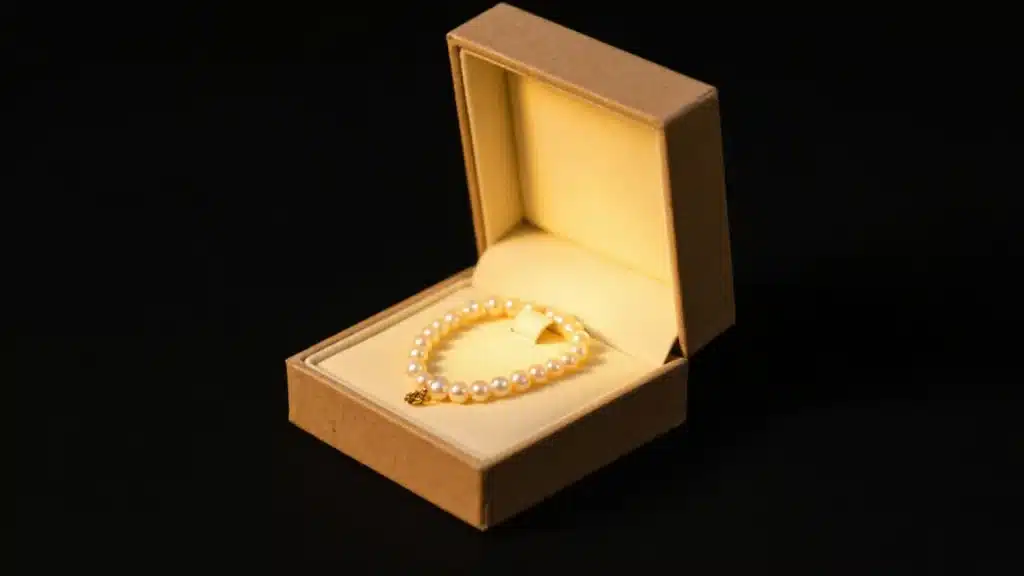
At Richpack, we’ve developed a comprehensive evaluation framework that considers all these factors. Our 15+ years of experience and partnerships with leading brands have taught us that there’s no one-size-fits-all solution, but there are proven principles that guide optimal decisions.
Ready to optimize your packaging thickness strategy? Contact us, our team of experts is here to help you find the perfect balance of protection, presentation, and cost-effectiveness for your unique requirements.
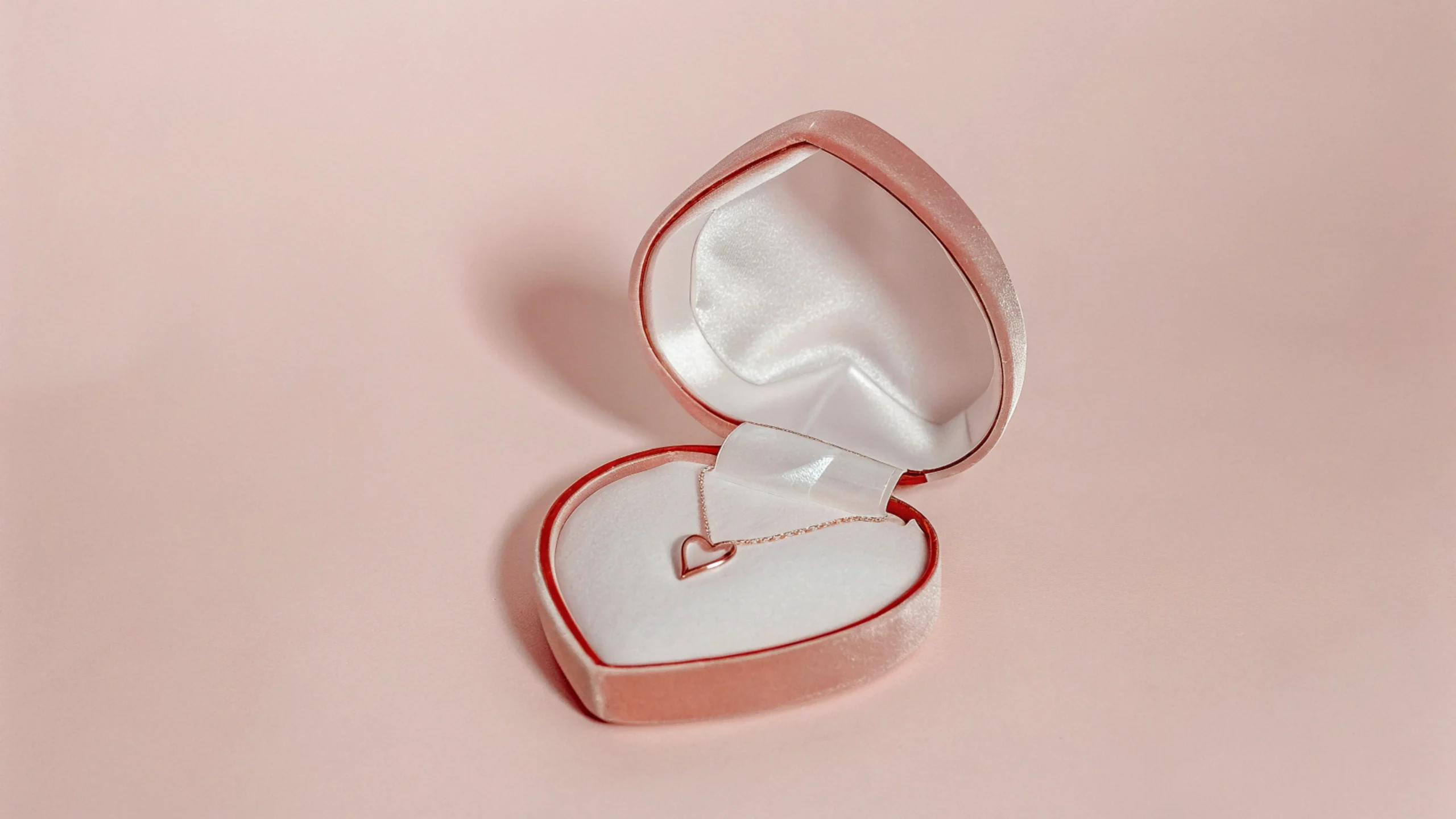
Lily received a diamond necklace and realized the importance of a quality jewelry box. Handmade boxes offer beauty and utility, combining unique details with lasting quality. Richpack is a standout choice for eco-friendly, sustainable, and customizable handmade jewelry boxes that can become family heirlooms. Discover why a handmade jewelry box is more than storage—it’s a lasting symbol… Continue reading Choosing the Right Board Thickness for Rigid Lid and Base Boxes
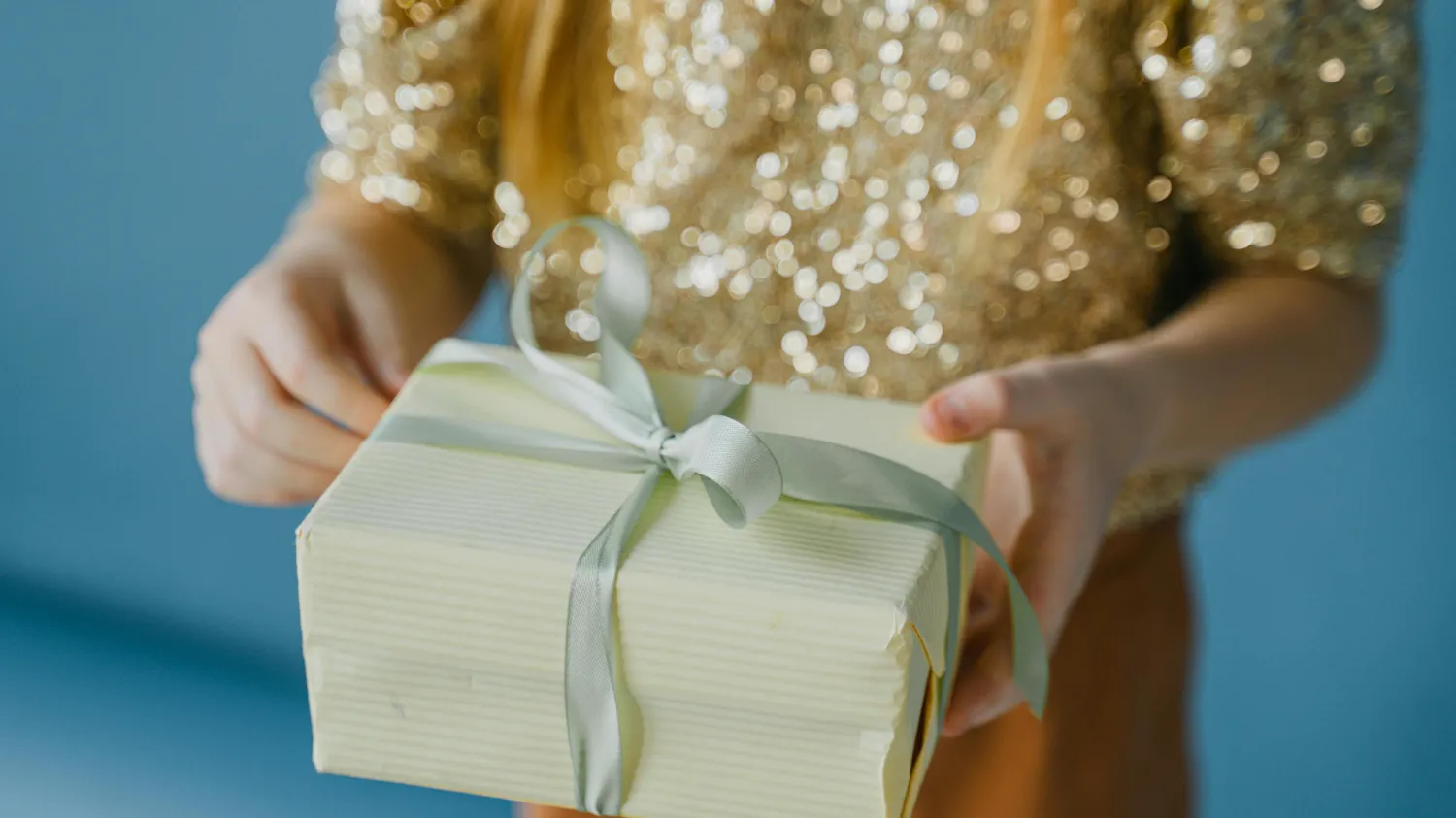
Sustainable packaging has gradually become a hot spot in the jewelry packaging industry. Sustainability is not only about strategic thinking but also about the responsible dimension of supply chain cooperation, and global regional development. In today’s case, we will focus on the sustainable and environmentally friendly packaging practices of Vivienne Westwood, and understand how to optimize… Continue reading Choosing the Right Board Thickness for Rigid Lid and Base Boxes
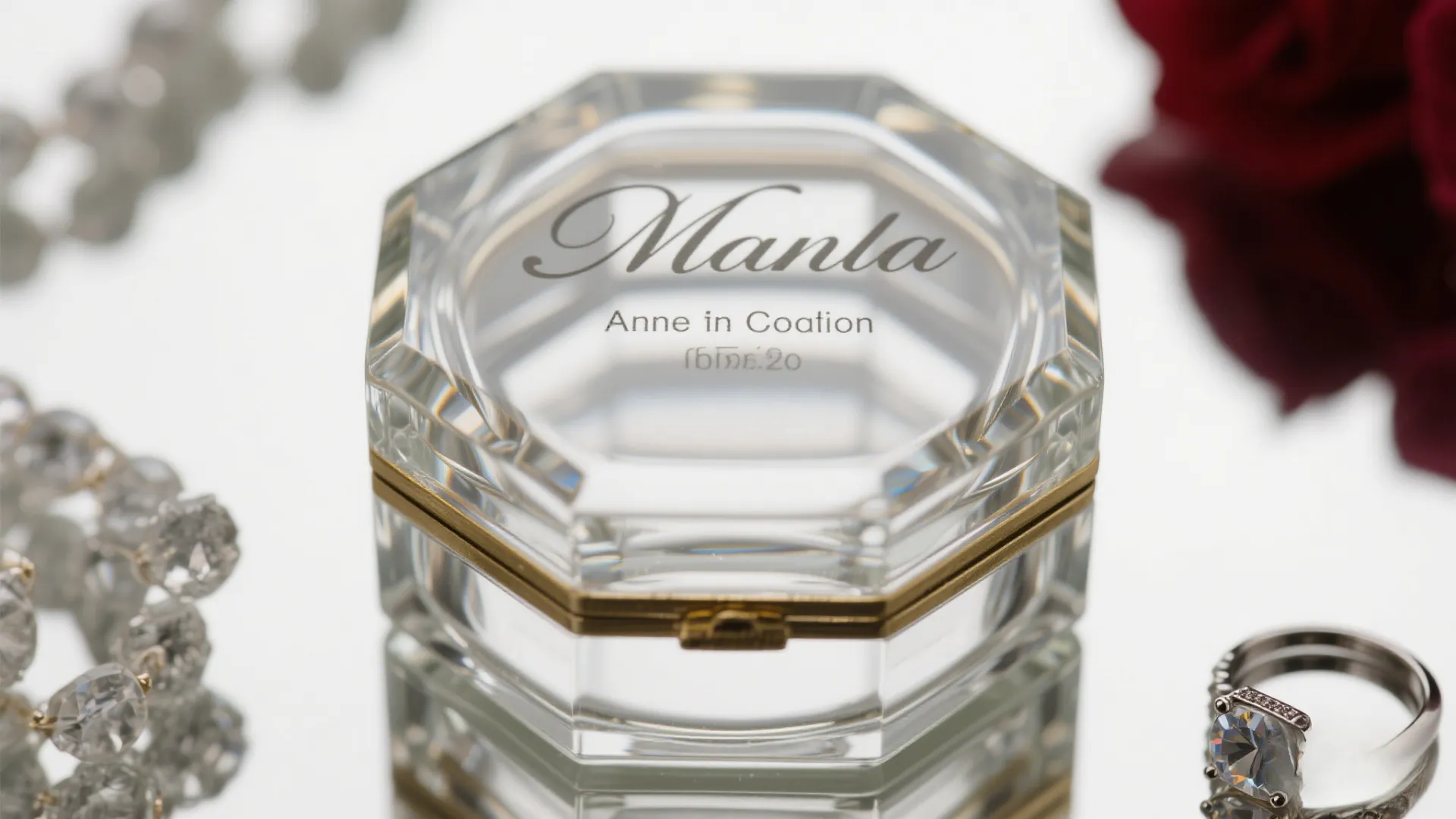
Customized ring boxes enhance brand identity, customer satisfaction, and make the gift - giving experience unforgettable. With global reach and fast delivery, Richpack is your go - to for unique jewelry packaging.
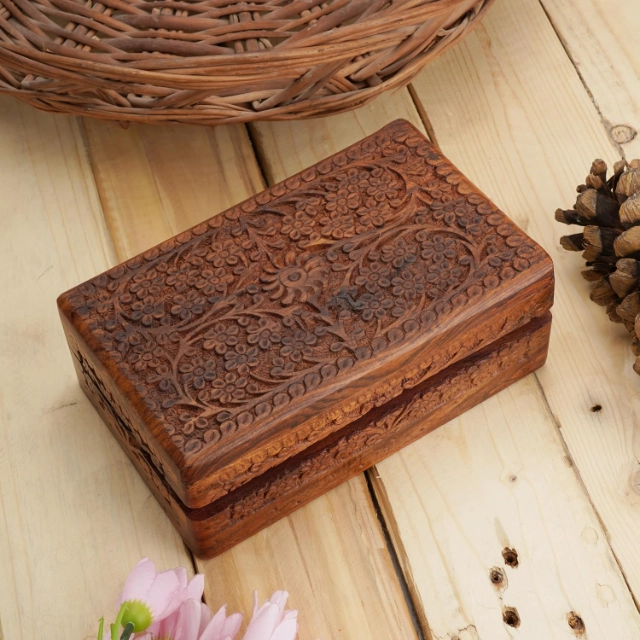
Wooden Inlay Boxes Hand-Carved by Seasoned Artisans | Made from Sustainable Hardwood

Wholesale Cookie Packaging for Small Home-Based Businesses | Affordable and Customizable Solutions | Bulk Orders Available in Richpack
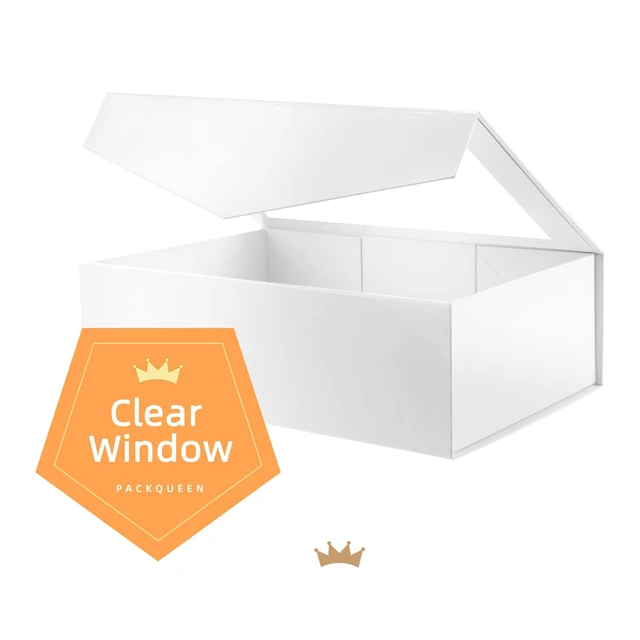
Transparent Delight – Rectangle Gift Box with Clear Lid for Captivating Displays
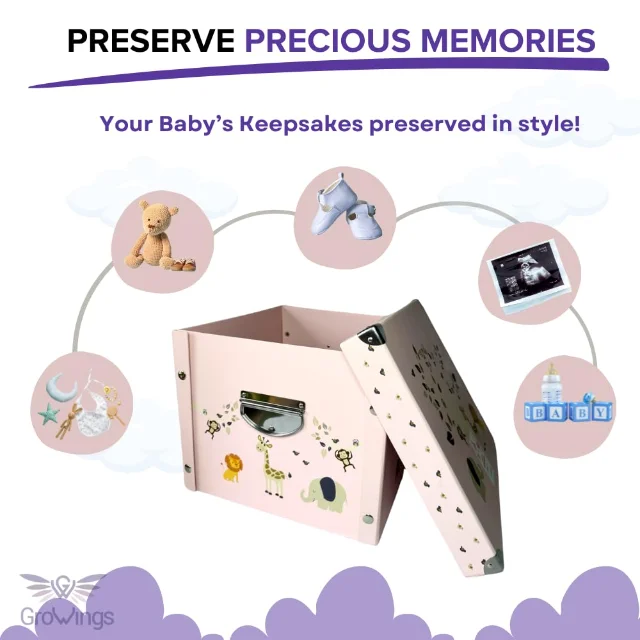
Adorable Baby Gift Boxes | Custom Newborn & Infant Gift Packaging | Premium Baby Shower Gift Sets
View More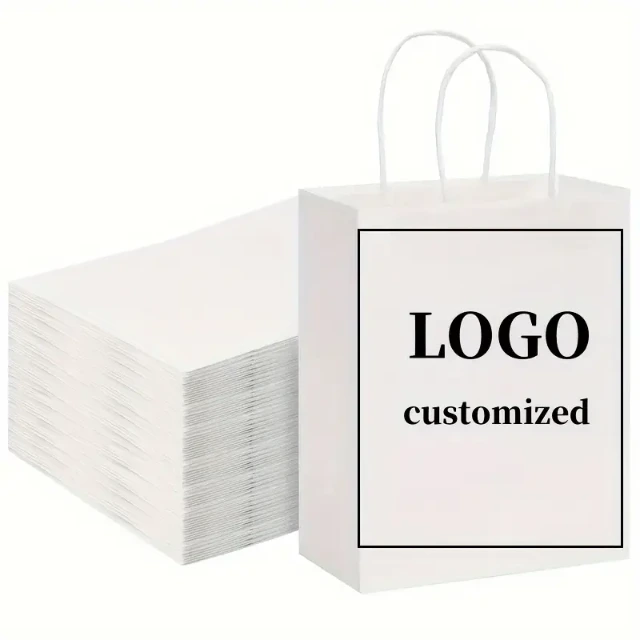
Charming Custom Logo Gift Bags for Special Gifts – Branded Gift Bags to Make Your Presents Stand Out
View More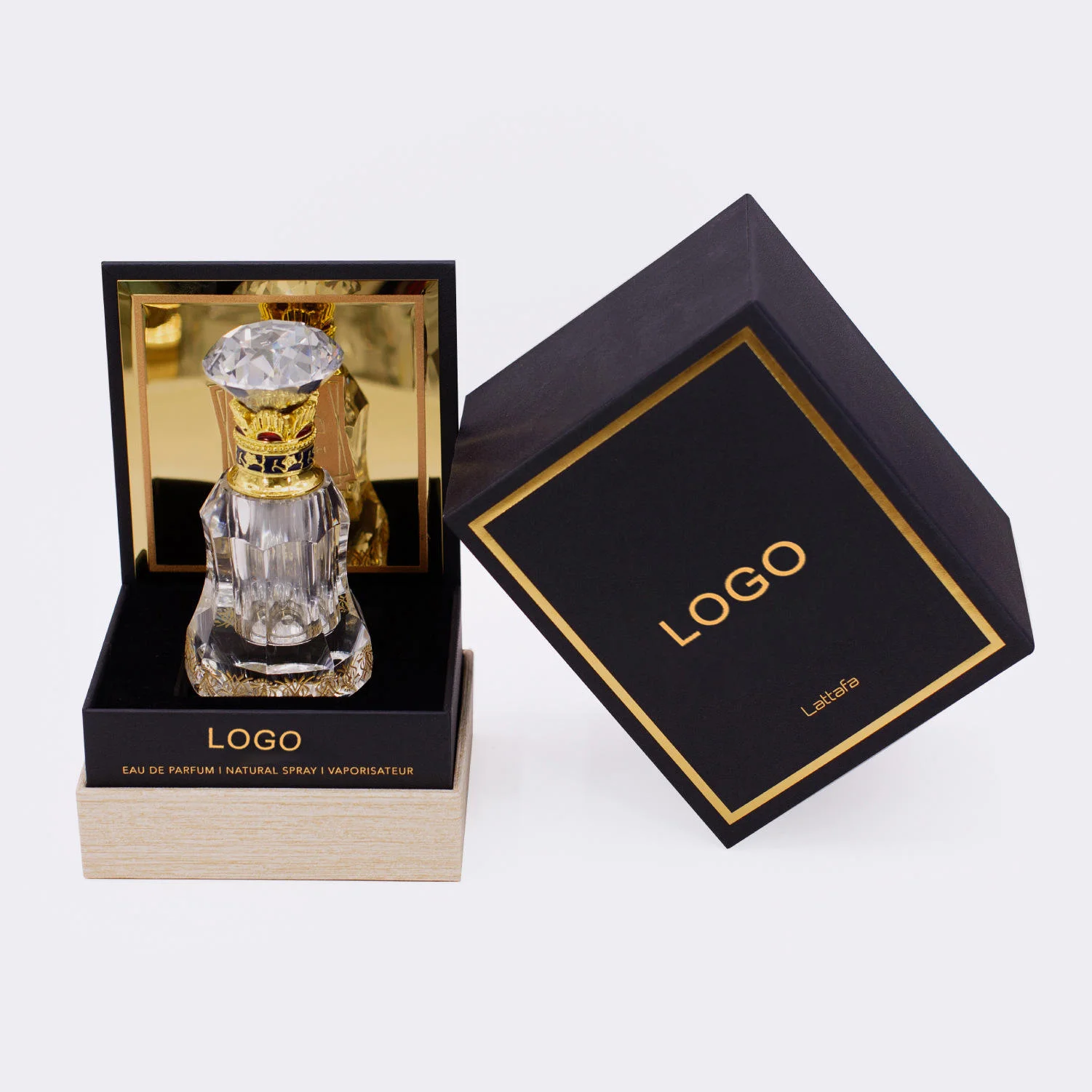
Luxury Perfume Custom Logo Lid And Base Box 50ml 100ml Empty Perfume Box Packaging
View MoreJust submit your email to get exclusive offers (reply within 12 hours)